Great British Beef Week 2024: ‘We farm for flavour’
23rd April 2024
“We are farming for flavour,” said Andrew Knowles, the owner of Trenchmore Farm, while talking about beef production ahead of the Great British Beef Week 2024 launching today.
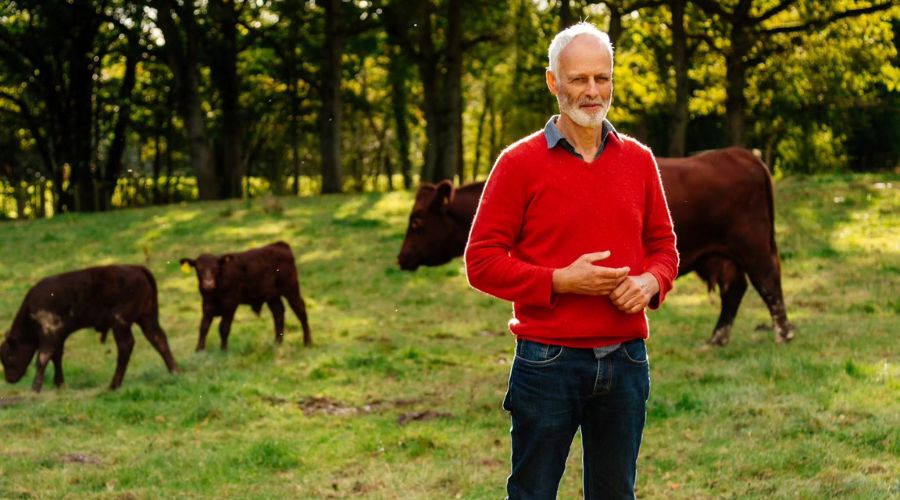
Trenchmore Farm, located near Horsham, West Sussex, is a family business that grows beef, apples and grain. The owner said: “The cattle eat the grass and apple pomace, the straw from our wheat is used to bed the cattle, the muck is spread on the fields to help improve the soils and feed the crops.
“It is a virtuous circle that allows us to improve the soils and grow more delicious, sustainable food.”
Trenchmore’s suckler Sussex Wagyu herd is slow-grown and grass-fed, spending the summer grazing the fields around the farm and the winter in the award-winning Roundhouse Barn, specifically designed to keep the animals happy and healthy.
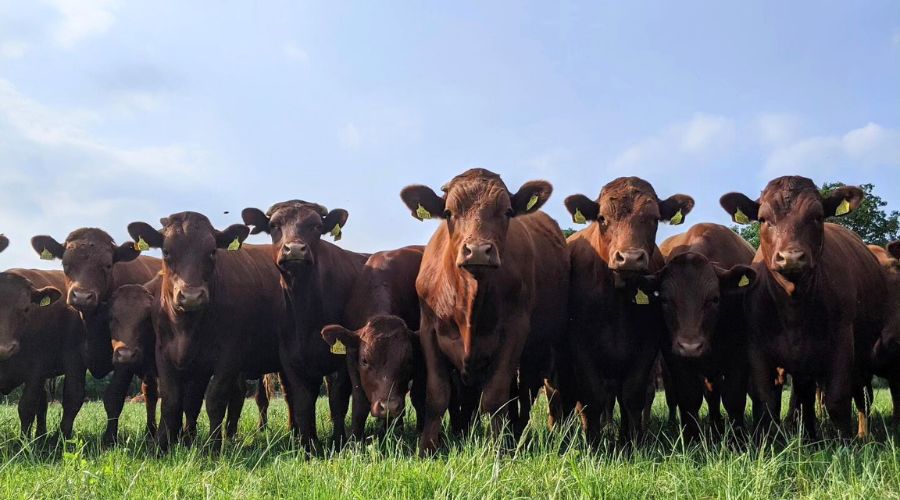
Consumers look for quality and flavour
Mr Knowles, who runs the business together with his daughter Rachel, said that sustainable farming is very important to him. He added: “Beef remains popular with consumers. It’s particularly popular in food service, and people choose to eat it for special occasions due to its higher price.
“Chicken and pork are far cheaper as they are farmed in a much more intensive way and by large industrial units. There has been a lot of work over the past decades to intensify beef production.
“Today we are in a situation where about 60% of the UK-produced meat is from dairy cross beef, so from animals which are essentially byproducts of the milk industry. Dairy cross beef is gaining share at the expense of traditional beef herds because of its lower cost production.”
However, Mr Knowles added that more and more consumers are now looking for beef that has been grown in a better environment, taking into account the welfare of the animals. As they want better quality and flavour, they go for meat produced by small local farms.
Beef squared
The owner of Trenchmore Farm said: “We are farming for flavour. This has been our goal since very the beginning. We know that people want to pay premium for something that is both local and superior. This is why we produce our quality beef, which is a local breed of Sussex cattle crossed with Akashi Red Wagyu bulls.”
Mr Knowles explained that the breed provides the genetic potential for enhanced marbling in the meat. It results in more succulent and flavoursome piece of beef. “It’s beef squared,” he added.
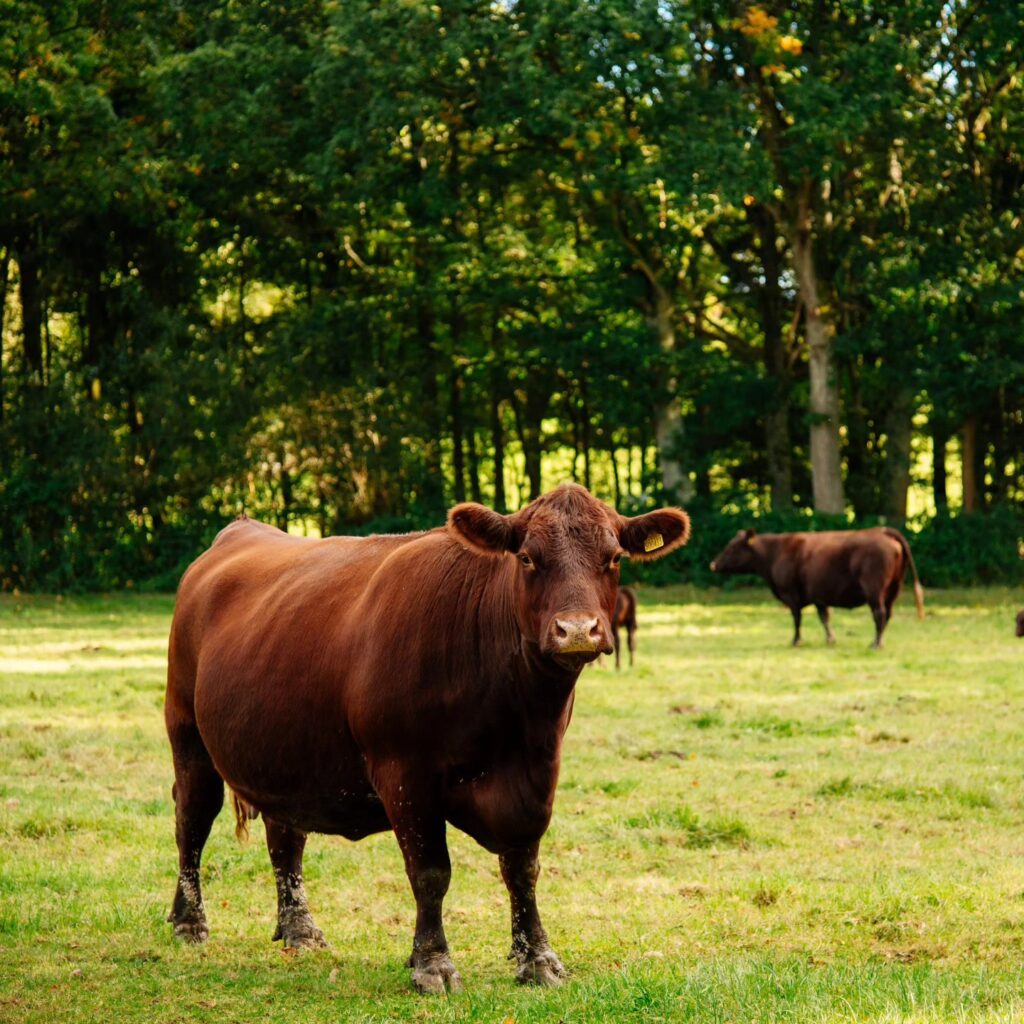
The farm owner said that his farm operates in a “true circular system”, where calves stay with their mothers for up to nine months before they are weaned, so they are very strongly bonded with them and stay together either at pasture in the summer months or indoors in winter.
Happy cows make better beef
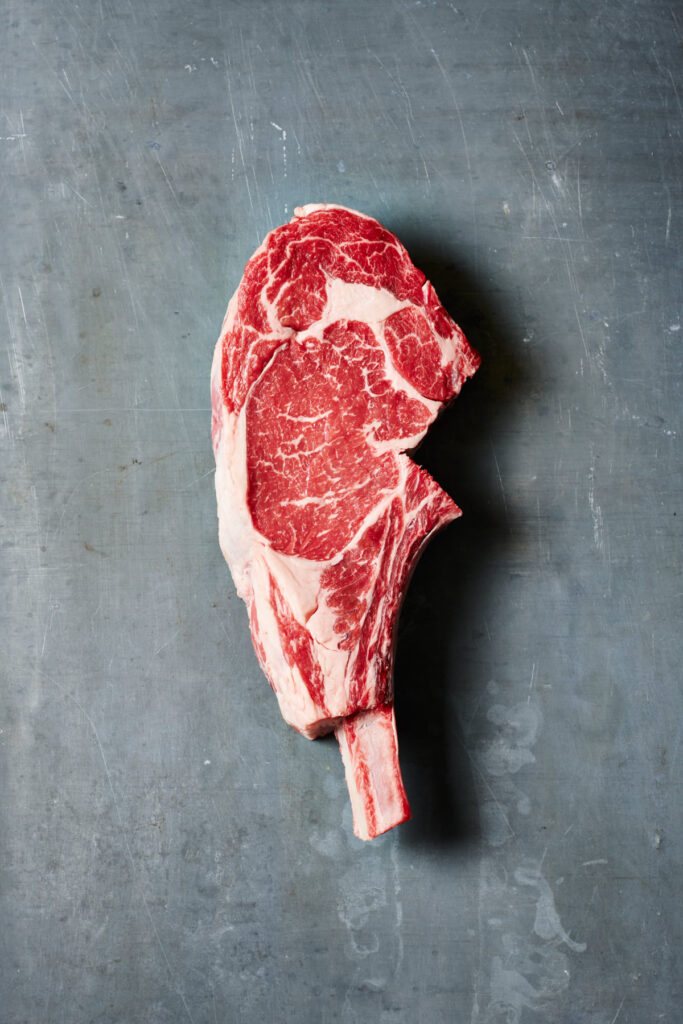
Mr Knowles added that the animals are fed a natural diet of silage and hay. “We do utilise some byproducts of human food production, such as brewers grains, to add a bit of protein to their diet.
“We are also practicing regenerative agriculture. Basically, we are trying to raise the organic matter in our soils, which were for a long time overworked and are poor quality arable land.
“Over time, the organic matter has been diminished to around three, four and five percent from probably what it would have been maybe 10 to 15% in its original form. We are trying to replace a lot of that lost organic matter in the soil by sewing mixed herbal layers, and by using rotational grazing.
“What we’ve seen in our best results field is that we’re back at 11 and 12% organic matter. On average, across the farm, we’ve gone from about 4 to 8% in just over a decade.”
Mr Knowles added that cattle’s balanced diet translates into more nutritious food for humans. He said: “We believe that happy cows make better beef.”
Importance of feedback
The Trenchmore Farm owner also praised the butchers from Direct Meats Knights Farm, located near Colchester, Essex, who are a crucial part of the supply chain.
“Top-class chefs who buy our beef do appreciate the breadth of choice that they get from us, as they are essentially getting stuff that is really hard to get your hands on. That includes offals, fat and bones. Direct Meats is great at meeting the expectations of our clients.”
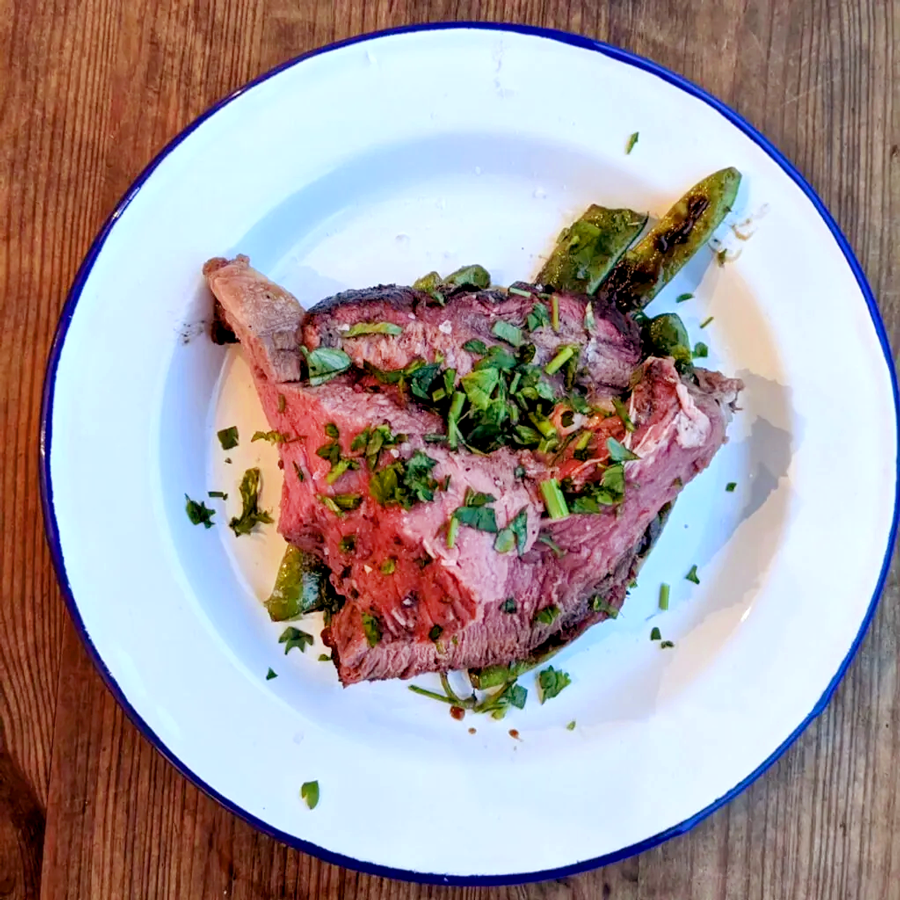
The farm also runs an online shop, which was launched during the Covid pandemic. Mr Knowles said that he did not plan on selling his produce directly to individuals, however, he got stuck with a few cattle ready to be butchered when restaurants and pubs closed due to lockdown.
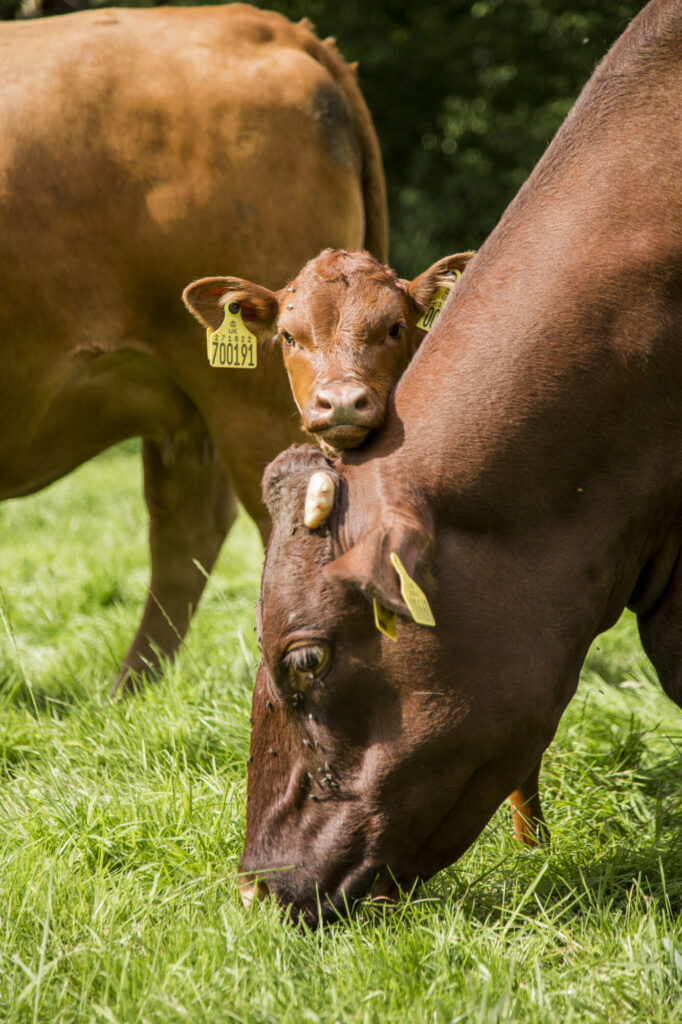
During that time, the whole family stepped onboard and launched the online shop. Since then, the farm has been very busy supplying individual customers.
Mr Knowles added: “There’s something that many farmers often miss out on. They do not look for feedback. There is no joy in just selling your beef. When people are actually telling you that they love the meat you produce, you see the sense in doing it.
“We enjoy talking to our customers and showing them around. This is why we organise farm walks and seasonal markets. Our shop is open every Saturday, so people can collect their orders and have a chat with us.
“This is where people see the difference between industrial production and small natural farms. We know they appreciate our efforts and we appreciate them wanting to try our beef.”
Read more livestock news.
